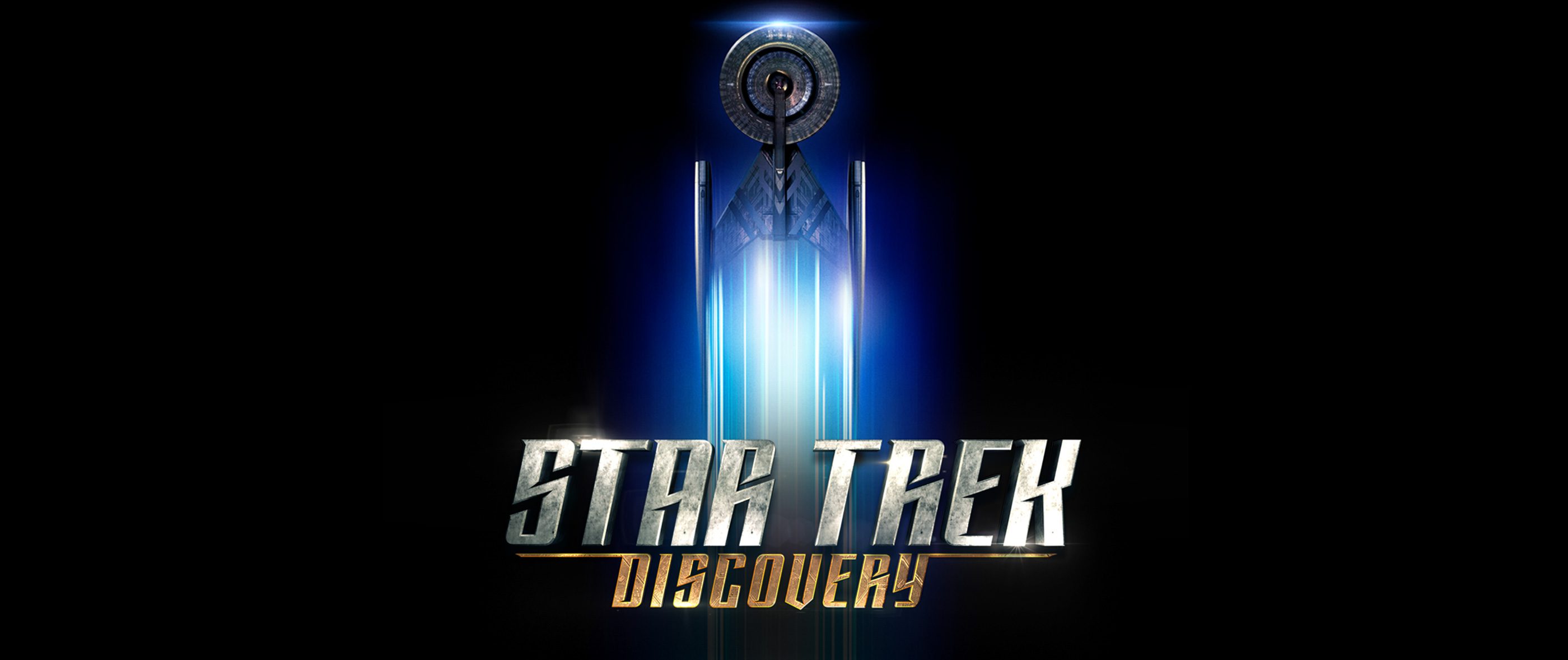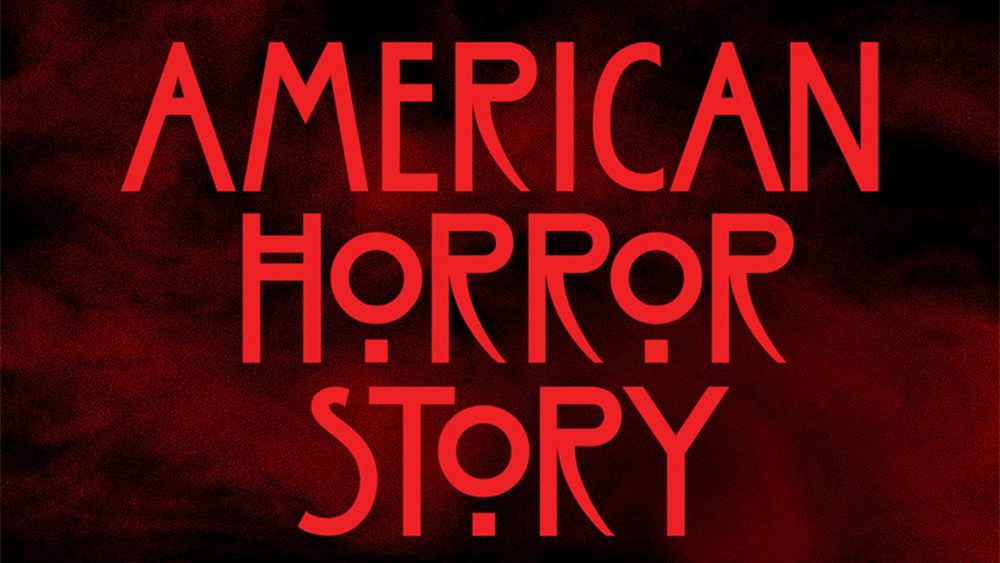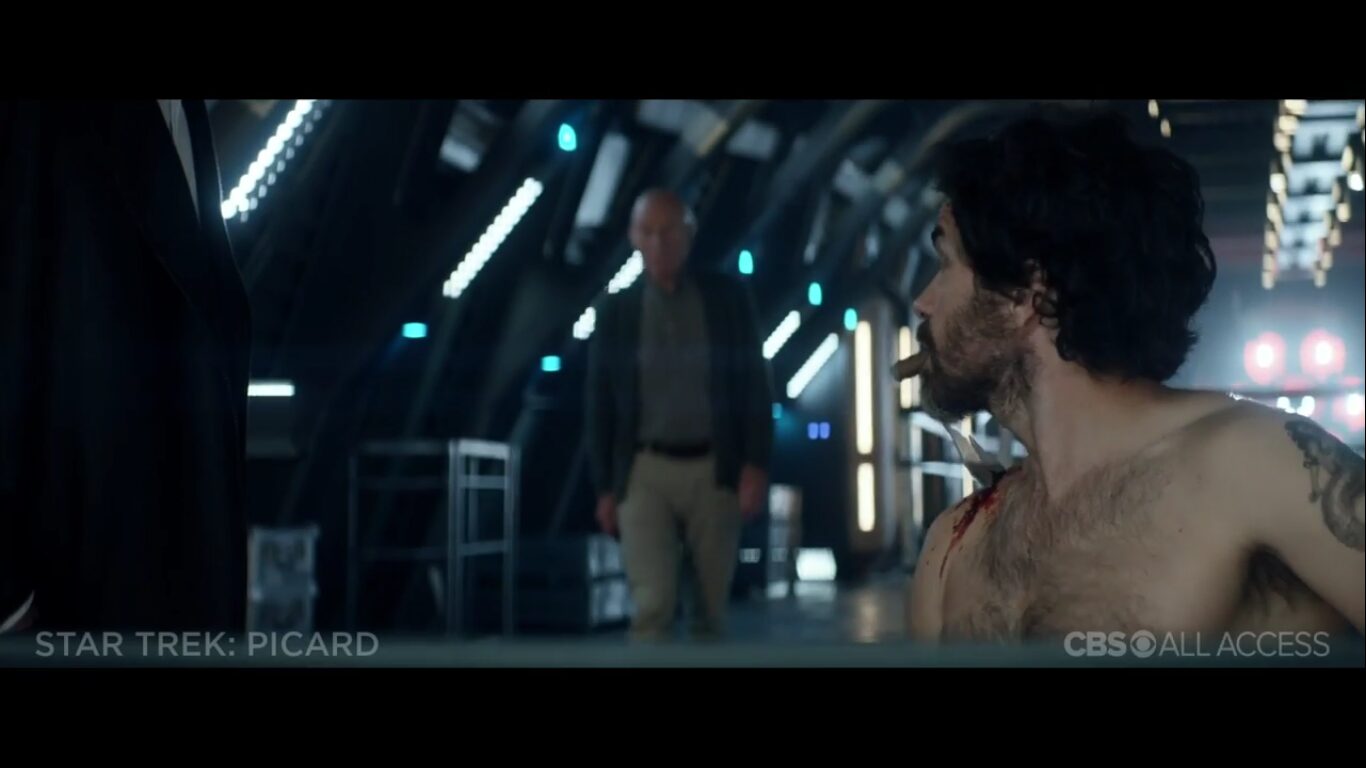Star Trek: Discovery is a show that had a lot of people worried with its loss of showrunner and constant delays. Well, the show is finally here almost ten-months behind schedule and while not yet worthy of classic Star Trek, Discovery has a lot of room to grow.
The first thing people will notice is the new style that the series is playing with. Everything is very dark and gloomy, with an almost oil rig look and feel to everything. And while this modern Star Trek is set in a pre-Kirk era, it still has the physical bells and whistles that connect it to the original series.
There are tons of knobs and switches with only minor hints of Next Generation tech here and there. It truly does feel more grounded in a new future reality than one Gene Roddenberry envisioned, for better or for worse. The Star Trek canon is all over the place now with Star Trek: Enterprise coming before and TOS coming after, but Starfleet is nothing is not changing quickly. And this actually makes a lot of sense for a Federation that is looking to find its place in the universe.
As for the series itself, we get the traditional Star Trek television writing that most fans should be used to. The requisite space opera stuff is there alongside all the technobabble that has become a staple of all the series. That said, it isn’t so heavy as to bog down new viewers and doesn’t come close to the insanity that was Star Trek: Voyager.
Storywise you can clearly see that there were issues with Star Trek: Discovery as not everything quite gels and flows as smoothly as it should. The main antagonists being the Klingons makes sense, but what doesn’t really work is the amount of focus they get compared to the Federation. They are a warrior race, but in the two episodes available they come off as more Shakspere than anything.
But where Star Trek: Discovery really shines, even at this early stage, is with the shows main character, Michael Burnham. The two episodes manage to provide solid backstory for the Commander and her ties to Sarek (Spock’s father) and her Vulcan training is immensely interesting. Being the first human to go through the Vulcan Science Academy is something that is pretty awesome, and her connection to Sarek is an interesting one.
Likewise, Michelle Yeoh’s Captain Philippa Georgiou is capable in the command chair and is a welcome presence to the much more conflicted Burnham. Even with only two episodes we get a great deal of tension with the Kinglons, a mutiny, and massive space battle. What really interesting in terms of character development is Burnham herself.
The position she’s in tests her in some pretty intense ways and leads her to take risks. And while risk may be the business of Star Trek captains, it doesn’t seem to always work out for Burnham. She makes mistakes, makes the wrong call, and may just be the entire reason for unifying the Kinigon Empire against the whole of the Federation because of her actions.
Star Trek: Discovery is trying really hard to not be your fathers Star Trek, especially in a world of lens flare (J.J. Abrams universe) and bright positive future of The Next Generation. This is a darkly lit show that isn’t quite the vision that Roddenberry probably had, but one that leaves a lot of room for growth and possibilities.
But where Star Trek: Discovery really fails is not with anything the show does or doesn’t do, but with the platform that it’s on. CBS has made the ridiculous choice to have Star Trek: Discovery become the first show to be released on their CBS All Access streaming service. And while we don’t know the numbers yet, it’s a shame because CBS All Access isn’t quite ready for primetime itself.
Our stream was plagued with issues in quality from start to finish. The stream would often buffer (probably from the load) and the picture would often distort and/or skip every few minutes. Nothing is more scary than to come back from a commercial break only to have a huge green bar across the TV. Tack on two times we had to restart the app because everything froze and you get the idea that it still needs some work.
The production quality is far better than most television fare, but it still feels better if the show was a weekly affair on television instead of being used to pitch yet another streaming service. And it should be noted that there are two levels of subscription to CBS All Access. The cheapest will run you $6.99 and includes commercial breaks; a lot of god damn commercial breaks. The $9.99 level removes the commercials but seems like a lot of money for only Star Trek as the other offerings from CBS are pretty light, especially for science-fiction fans.
Star Trek: Discovery still has a lot of growing to do before it takes its place in the Star Trek pantheon, but it’s on the right track and the characters are more than interesting enough than to jump onboard, especially with the shocker of an ending the second episode tosses at us. One only hopes that being on CBS All Access doesn’t kill the show before it can find its wings.






